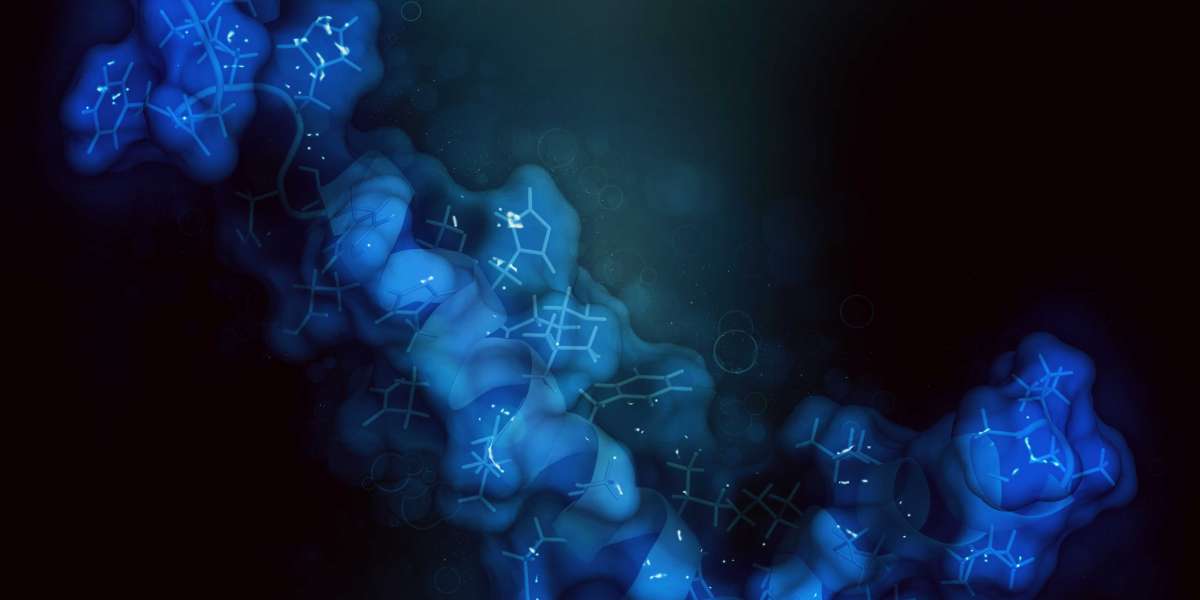Blood is a vital fluid in the human body, essential for sustaining life by delivering necessary substances to cells and transporting waste products away. Its intricate composition is not merely a mix of liquids; it is a highly organized system that plays crucial roles in various physiological functions. This article delves into the various components of blood, their functions, and the rigorous processes involved in their collection and processing.
The Composition of Blood
Blood sample can be categorized into several key components, each serving unique and vital functions:
Whole Blood: This is the complete fluid that circulates through the vascular system, comprising approximately 55% plasma and 45% formed elements. Whole blood is often used in transfusions and other medical procedures.
Plasma: The liquid portion of blood, plasma is mostly made up of water (90%) and contains proteins, electrolytes, nutrients, hormones, and waste products. Plasma serves as a medium for transporting cells, nutrients, and waste throughout the body and plays a crucial role in maintaining blood pressure and volume.
Serum: Serum is the fluid obtained after blood has clotted, and the clotting factors have been removed. It contains all the proteins not used in blood coagulation, as well as antibodies, antigens, and other substances. Serum is often used for diagnostic testing.
Red Blood Cells (RBCs): Also known as erythrocytes, red blood cells are primarily responsible for transporting oxygen from the lungs to the body’s tissues and facilitating the return of carbon dioxide from the tissues back to the lungs. The unique biconcave shape of RBCs maximizes their surface area for gas exchange.
White Blood Cells (WBCs): These cells are crucial for the immune response and come in various types, including lymphocytes, neutrophils, monocytes, eosinophils, and basophils. Each type of white blood cell has specialized functions in protecting the body against infections and diseases.
Lymphocytes: The Immune System’s Soldiers
Among the white blood cells, lymphocytes play a pivotal role in the adaptive immune response. They can be divided into three main types:
B Cells: These cells are responsible for producing antibodies that bind to specific antigens, neutralizing pathogens, and marking them for destruction.
T Cells: Including Helper T cells and Cytotoxic T cells, these cells are essential for cellular immunity. Helper T cells stimulate the activity of B cells and other immune cells, while Cytotoxic T cells directly kill infected or cancerous cells.
Natural Killer (NK) Cells: These cells provide a rapid response to virally infected cells and tumor formation by inducing apoptosis (programmed cell death) in compromised cells.
The Importance of Proper Blood Collection and Processing
The collection and processing of blood are critical steps that determine the accuracy of laboratory tests and the safety of blood transfusions. All blood is collected by certified phlebotomists who follow stringent protocols to ensure that the samples are obtained safely and hygienically.
Once collected, blood processing is performed according to strict standard operating procedures (SOPs). These procedures are designed to maintain the integrity of the blood components, minimize contamination, and ensure that the blood is effectively separated into its components for various medical uses.
Conclusion
Understanding the components of blood and their respective functions is essential for both medical professionals and patients. Blood is not just a liquid; it is a complex system that plays a critical role in maintaining homeostasis and protecting the body against diseases. The procedures surrounding blood collection and processing are integral to ensuring safe and effective medical care, highlighting the importance of adherence to regulatory standards and training in the field of phlebotomy and laboratory medicine.
Whether it’s for routine tests, life-saving transfusions, or advanced therapeutic procedures, the integrity of blood and its components is paramount in modern medicine.








